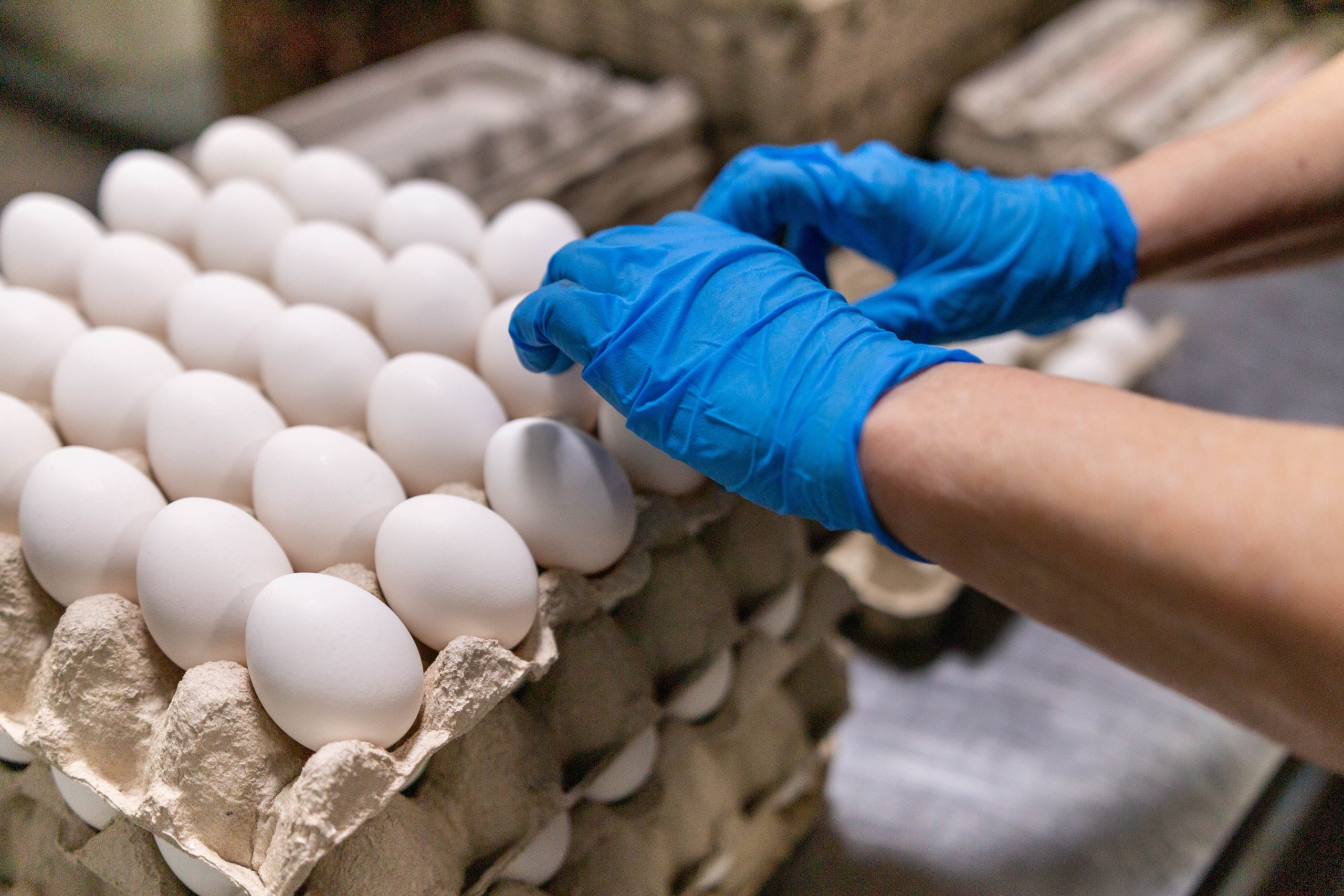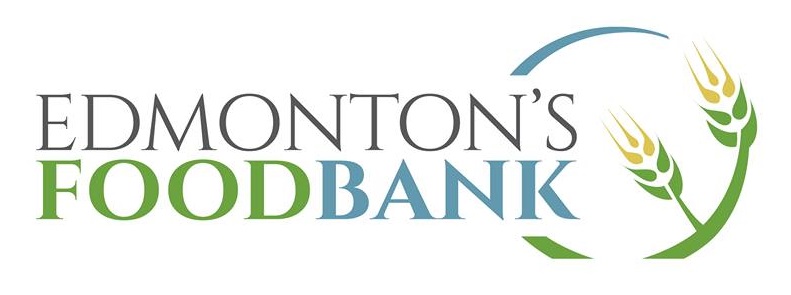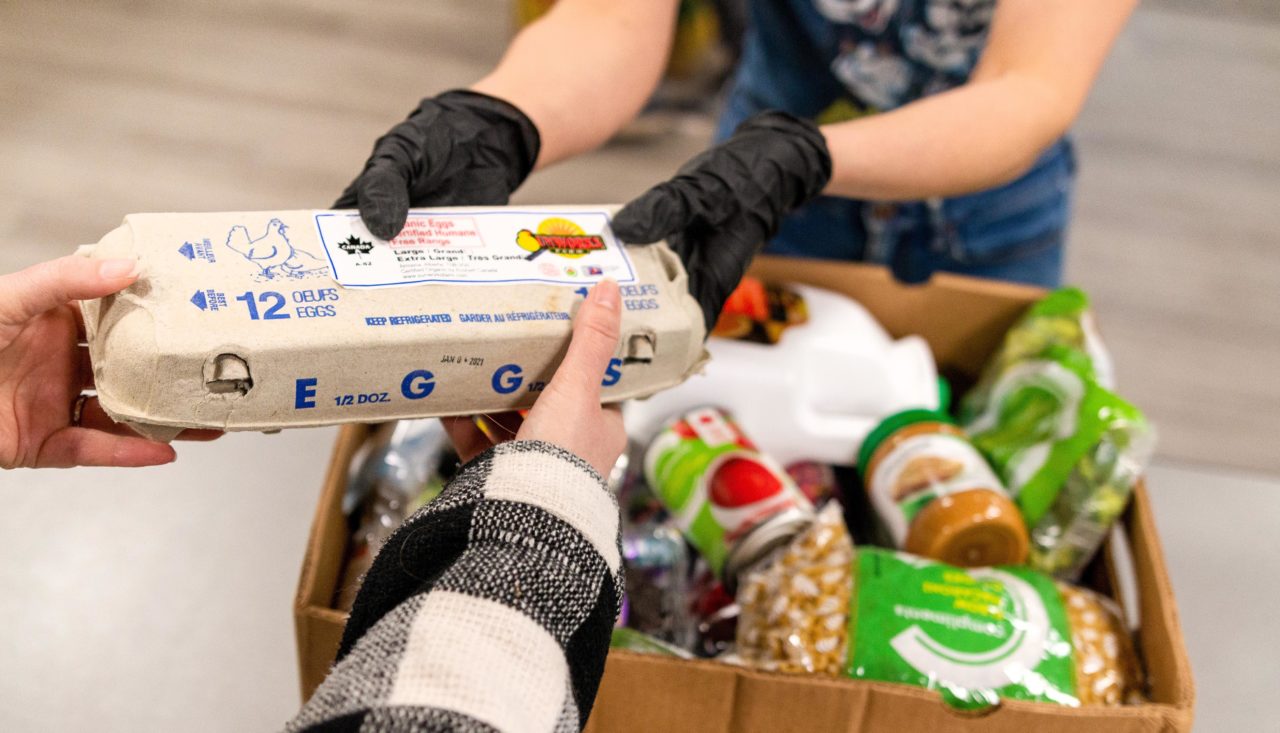 An Egg-cellent Opportunity to Feed Yolks in Need!
An Egg-cellent Opportunity to Feed Yolks in Need!
Hunger in Edmonton
In January of 1981, Edmonton's Food Bank became the first Food Bank in Canada. Did you know that there is a difference between best before and expiry dates on food? A best before date is NOT an expiration date, and is set by the manufacturer. Food Banks do NOT accept/distribute food that has expired, like fresh meat, or baby formula. Often people are told to "Just eat healthier," which is difficult if you can't afford it. Poverty can trap individuals into cycles of food insecurity and poor health, mainly when those things are cut out of the budget to make room for a bill or rent payment. Typically, people in this situation will seek cheaper high-calorie food with low nutritional value to help fight off hunger. As the price of fresh food increases it becomes harder to eat healthy. The Canadian Diabetes Association states that the rate of diabetes is disproportionately higher for low-income individuals and First Nations people, demographics that also face high rates of food insecurity.
Necessity
Nutritious fresh and high-protein food for those in need in Edmonton, Alberta, Canada.
Activity
We identify and address client needs, and purchase fresh food to be distributed alongside the non-perishable goods in our food hampers.
Countable effort
For every GOOD DEED three high-protein breakfasts will be distributed to individuals.
Result
People will have access to healthy and nutritious food on a daily basis, with the desired outcome being a reduction of food insecurity.
Systemic effect
Improved food security can lead to less dependency on Food Banks, social services, and increase self-sufficiency while improving quality of life.
Background
Food Banks are an essential part of the social support system, particularly for people who have few other places to turn to for assistance when they fall on hard times. As stated by Food Banks Canada, Food Bank use remains at historical levels. This is because usage is directly related to the economy, poverty, and low income. Pandemic recovery will take time. For example, in 1996 Edmonton's Food Bank was feeding ~19,500 people per month through our hamper programs. It took 12 years to reduce numbers by 10,000 people, and by 2008 we were feeding ~9,500 individuals monthly. Today, our monthly numbers are over 21,000. Part of our mission is to seek solutions to the root causes of hunger, as food insecurity is a symptom of poverty. We make recommendations to government to seriously address and reduce poverty in the coming years by implementing policies such as: affordable childcare, housing, and increasing supports for low-income people. With the exception of 2020, Edmonton's Food Bank does not receive any core funding from any level of government. Children represent about 35% of people helped by Edmonton's Food Bank, yet children only make up 20% of Canada’s population. This disproportionate number of children highlights the number of families and single parent families we serve. We help people from all backgrounds and we serve families, children, seniors, and anyone at risk of hunger.
The good deed
Eggs are supplied with our food hampers to help provide high-protein nutrients that are essential to having a balanced breakfast. Eggs are a simple and effective source of energy, vitamins, and nourishment. Edmonton's Food Bank has been buying eggs since 2013. This guarantees that we will always have high-protein items to provide well rounded hampers for people in need. Most of our public food donations are dry or canned goods, such as pasta or soup. Although 60-80% of the food we supply is fresh food gleaned (salvaged) from grocery stores, it is not consistent. Variety in the products available also fluctuates greatly depending on the season. The short-term goal of this project is to meet the needs of our clients who use our programs. By offering these fresh food items the Good Deed will support numerous individuals and families, with the long-term goal of alleviating and reducing hunger and food insecurity in our community.

About Edmonton, AB - CANADA
Edmonton, AB
Population
1,491,000
(Edmonton)
Per Capita GDP
65,716 CA$
(Edmonton 2016)
Children represents 35% of our Food Bank's clients. Edmonton's Food Bank serves ~21,000 individuals monthly.
The metro area of Edmonton had a population of 1,491,000 at the beginning of 2021 making it Alberta’s second-largest city and Canada’s fifth largest municipality. 12% or 1 in 8 households in Canada experienced food insecurity over the previous 12 months.
About the organization and further information

Edmonton Gleaners Association (Edmonton’s Food Bank)
Website
https://www.edmontonsfoodbank.com/
Further information and source
- • Food Banks Canada, 2020. Food Banks and the COVID-19 crisis – A National Snapshot. Mississauga: Food Banks Canada, Mississauga ON.
- • Lutter, C.K., Iannotti, L.L. and Stewart, C.P., 2018. The potential of a simple egg to improve maternal and child nutrition. Maternal & child nutrition, 14, p.e12678.
- • Miranda, J.M., Anton, X., Redondo-Valbuena, C., Roca-Saavedra, P., Rodriguez, J.A., Lamas, A., Franco, C.M. and Cepeda, A., 2015. Egg and egg-derived foods: effects on human health and use as functional foods. Nutrients, 7(1), pp.706-729.
- • Edmonton's Food Bank, 2019. 2019 Annual Report, Edmonton AB.
- • Ontario Association of Food Banks, 2016. Poverty Creates A Vicious Cycle Of Food Insecurity And Poor Health, HuffPost Canada.




